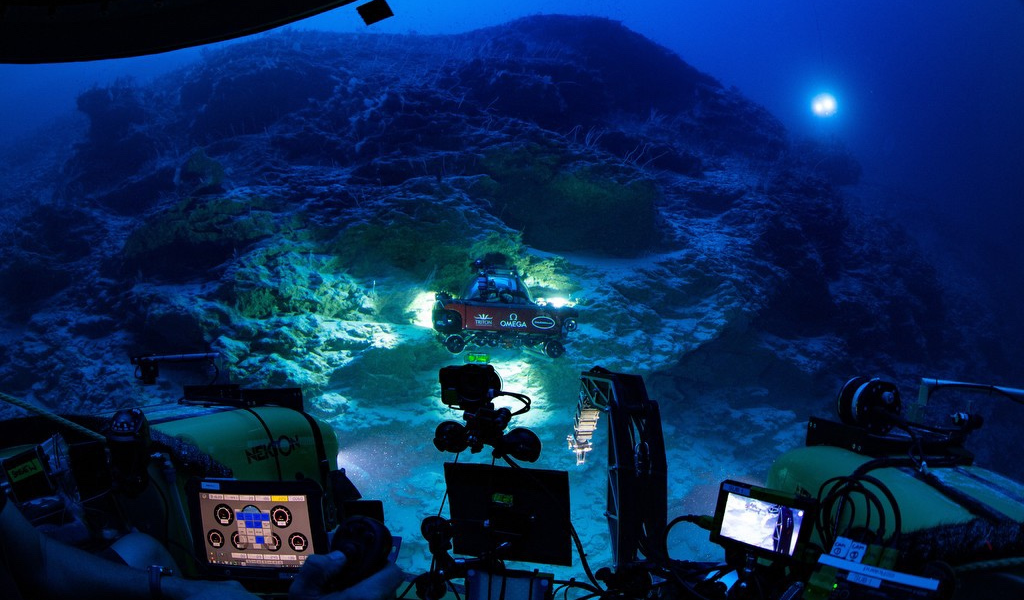

Maldivian Aquanauts To Take Part In Ocean Mission Set To Commence On September 4th
Saturday 27th of August 2022
The Government of Maldives have partnered with Nekton, a UK marine research institute to launch an ocean mission in the Maldives. The purpose of the mission is to highlight the impact of the climate crisis on the Indian Ocean nation and help Maldives manage the effects. Data collected in this mission will be shared with scientists and policy makers worldwide.
Set to sail on September 4th, the Nekton Maldives Mission will remain under the sea for a period of 35 days. Joined by science teams from different part of the world and from the Maldives as well, the first ever systematic survey and sampling of the Maldives will be done from 1000metre depths to the surface. So far, only very little is known about what lies beyond 30metre depths in the ocean floor.
Embarking on this ambitious mission is ten Maldivian marine scientists named as the “Maldivian Aquanauts”. These brave Aquanauts will lead the first 30 descents in submersibles in the hopes of trenching the unknown deep ocean of the Maldives. The very first descent will be conducted by an-all women team of Aquanauts, a historical moment for the country. The names of these Aquanauts will be announced at a press conference held in Male’ on 1st September 2022.
Under the water, the Maldivian scientists will join with Nekton’s international delegation to establish a baseline health check of the Maldivian Seas. The aim is to inform government policy makers to protect at least 20% of the seas through the evidence collected. 20% of the Maldivian sea is equivalent to half the size of Germany.
“We expect to locate and document critical nurseries for fish and coral that can inform Government plans to strengthen the sustainability and resilience of Maldives’s ocean resources”, explained Professor Lucy Woodall, Nekton Principal Scientist, University of Oxford who is leading Nekton’s international scientific team.
The Maldives is deemed as a big ocean nation with 99% of territory covered by ocean with only 1% constituting of land. The island nation is also one of the lowest lying countries in the world, sitting on average 1.5m above sea level. With warning alarms going off due to rising sea level, Maldives is set to begin work to protect lives and safeguard environment where species inhabit. To do so, a valuable insight of the water’s content is needed to better withstand the climate change.
The Mission will deploy 2 of the most advanced human occupied submersibles accompanied by robotic and autonomous systems and over a dozen research technologies. The mission is conducted with the support of 40 partners, 16 Maldivian and 24 International.